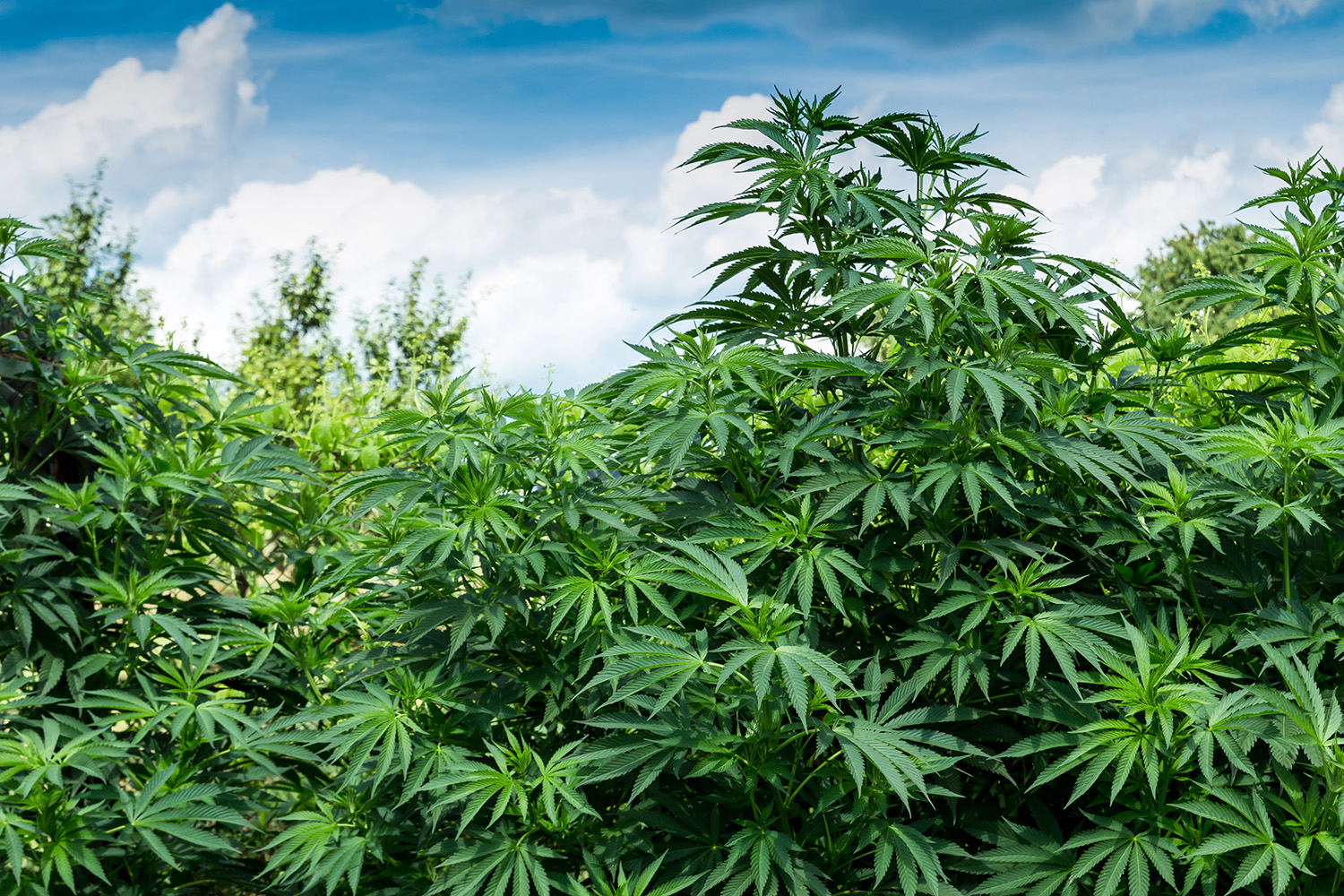I was just wondering what your input about marijuana use is. I have heard countless people say that it is not that bad for you. And I also never see people say drugs like cocaine and meth are bad for you, but it’s different for marijuana.
And countries have legalized its use or decriminalized it because they believe it is not that bad for you. What absolute facts do you know about how it affects your body and brain?
I’m also going to include a source that says myths about marijuana.
Thanks, P
I didn’t include the website you sent because after review I found that website to be a source of disinformation rather than enlightenment. The myths they cited are themselves myths. In other words, what they said about the myths are not actually true. So, below is some information that is factual and true:
The active compound in marijuana is, 9-tetrahydrocannabinol (THC), which exerts its central effect through the CB1 cannabinoidreceptor. Brain regions with such receptors include hippocampus (new memory/learning), amygdala (alarm, alertness), cerebral cortex (thinking, reasoning, planning, long term learning). Acute effects of marijuana smoking include alteration is motor control, short term memory impairments, intoxication, loss of motivation and drive, decreased anxiety, increased appetite and some reduction in pain, particularly if neurological in nature.
Long term affects include loss of motivation, drive, initiative, increased mental health problems, impaired brain function, loss of fertility, increased risk of lung disease.
Marijuana smoking increases, up to 40%, in some studies, the risk of developing a psychotic disorder. Up to 5% of schizophrenia is thought to be attributable to marijuana smoking.
Marijuana smoking impairs prefrontal cortex functioning, undermining reason, planning, organization, initiation, drive, motivation and achievement. Functional imaging scans consistently reveal impaired prefrontal cortex activity in marijuana smokers.
There is a dose dependent risk. The more you smoke and the longer you smoke the greater the damage and greater the risk of mental illness.
Marijuana smoking is addictive and marijuana dependence is a diagnosable disorder according to the DSM-IV –TR, the manual of the American Psychiatric Association.
Marijuana decreases male fertility by affecting zinc channels which alter sperm motility. The more a male smokes the less motile are his sperm. Cell, DOI: 10.1016/j.cell.2009.12.053
—-
Marijuana potency varies widely depending on the plants used in a particular sampling. Potency levels can be multiple times higher today than in the 1960s, and worse, recent studies reveal that the only way to increase the concentrations of THC, the active component of marijuana, is by reducing another component that demonstrates neuroprotective effects. This means that not only is marijuana getting more potent but more toxic at the same time.
Finally, marijuana is more toxic than cigarette smoking. This is due to several factors. Cannabis smokers inhale 1/3 more deeply than cigarette smokers and hold their breath four times longer to ensure maximum lung exposure. Secondly, marijuana has higher concentrations of toxic chemicals than cigarette smoke. Dr. David Moir of Health Canada compared the chemicals in cigarette smoke to marijuana smoke and found that marijuana smoke had 20 times as much ammonia, five times as much hydrogen cyanide, and five times as much nitrogen oxides, which negatively affect circulation and the immune system. (Chemical Research in Toxicology, DOI: 10.1021/tx700275p).
The bottom line is: marijuana impairs brain function and increases risk of disease and therefore is not acceptable for those who wish to be healthy, achieve something with their lives and fulfill all God has called them to fulfill. Are there medicinal uses for marijuana? For those who are terminal, in severe intractable pain and/or nausea with no other possible way to experience relief, yes, in mercy marijuana may be used. But this is not an endorsement of general recreational use any more than surgery to save someone with appendicitis means healthy people should have surgery. In this world of sin we do the best we can to relieve suffering and restore health with the means best available to us longing for the day when such interventions will never be needed again.









 using your credit or debit card (no PayPal account needed, unless you want to set up a monthly, recurring payment).
using your credit or debit card (no PayPal account needed, unless you want to set up a monthly, recurring payment). instead?
instead?